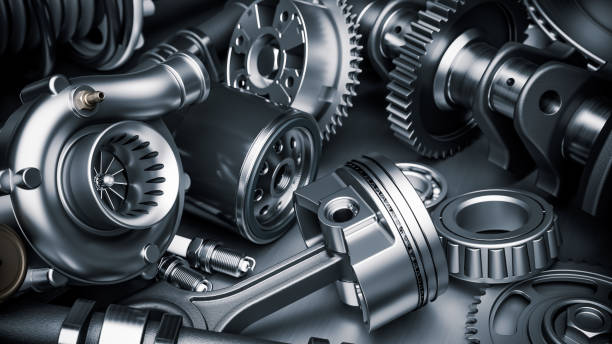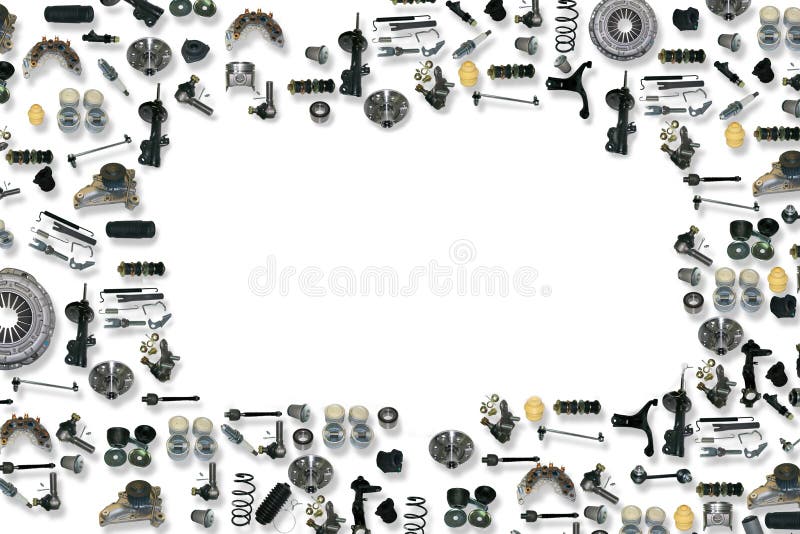Essential Engine Components and Maintenance
The engine is the heart of your vehicle, and maintaining its components is essential for optimal performance and longevity. Critical engine parts include filters, belts, hoses, spark plugs, and various sensors that work together to ensure efficient operation. Regular replacement of these components according to manufacturer schedules prevents costly repairs and maintains fuel efficiency.
Modern engines rely heavily on electronic components and sensors that monitor everything from air-fuel mixture to exhaust emissions. Understanding these systems helps vehicle owners make better maintenance decisions and recognize early warning signs of potential issues. Quality engine parts not only ensure reliable operation but also contribute to better fuel economy and reduced environmental impact.



